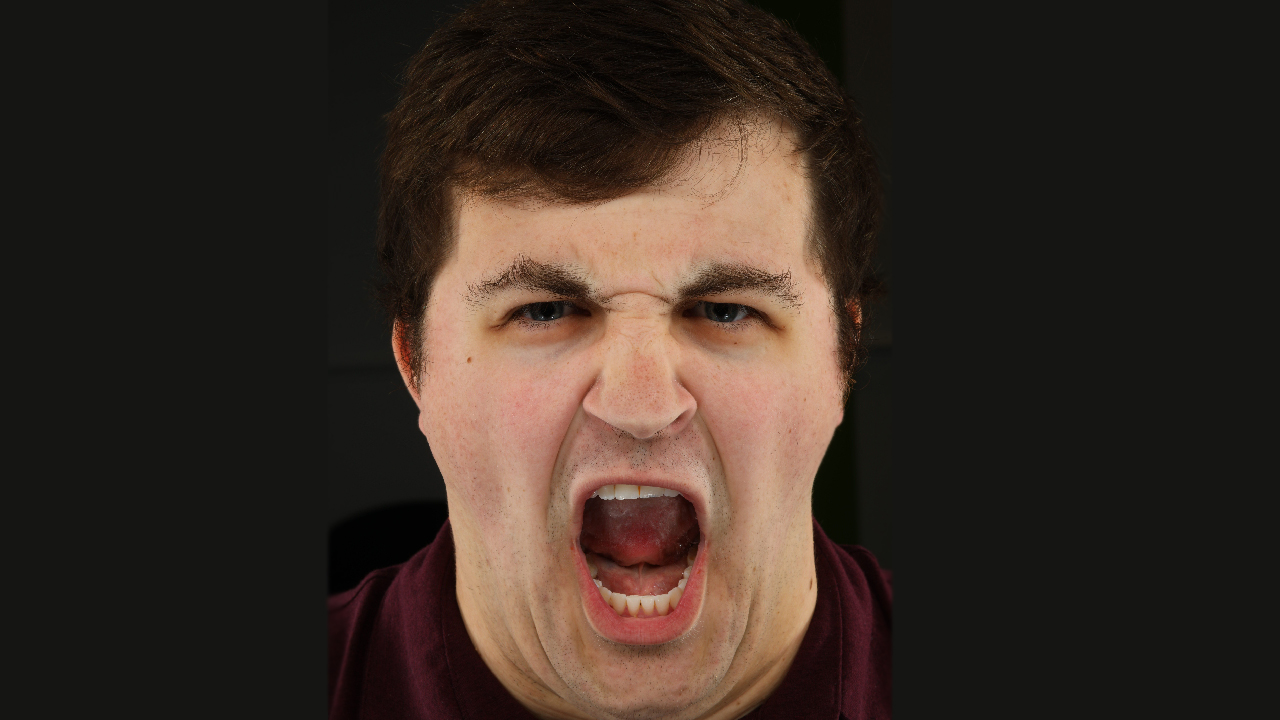
FIFA developer EA Canada is known for the lengths it goes to get the most realistic faces possible in each brand-new iteration of its colossally popular football sim. But what is it actually like to go through the process of having your likeness captured for millions of players across the world? I’m currently staring at an approximately $150,000 portable capture rig, ready to find out.
While you would usually find this sort of equipment doing a tour of Premier League, I’m getting the chance to see it at the home of League Two side Forest Green Rovers. The unconventional club - which only serves vegan food in the ground to both players and punters - is the first football league side to host the capture rig, as it celebrates appearing in FIFA for the first time.
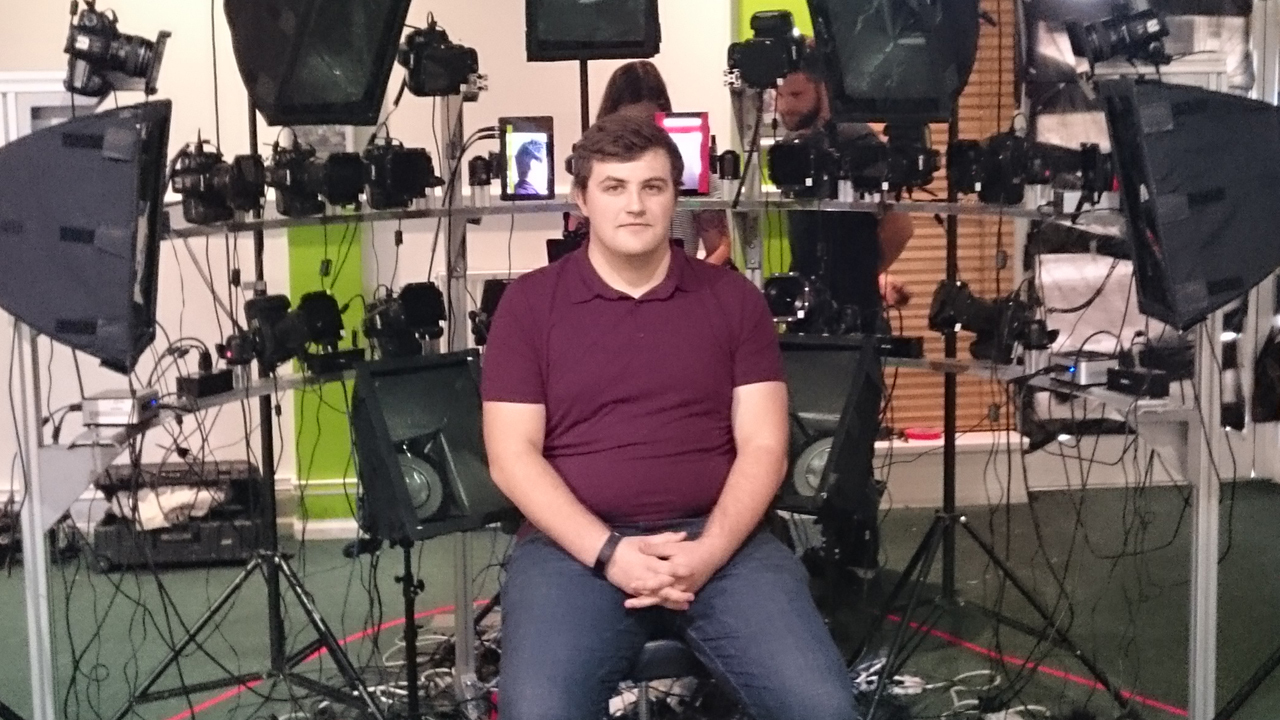
Guiding me through the process is Jack Hoyle, a 3D scanning technician for The Capture Lab, which handles motion-capture for EA. Explaining the setup, which is flown out from Vancouver, he tells me there are 20 (very expensive) cameras lined up on a 180° two curved rail. On top of those, there’s also a lot of camera flashes and two monitors, one with red tape and the other with yellow. Those bits of tape are important, as they help to line up how high and how close a player needs to be to the camera.
All together, it takes roughly four hours to set up, but it means the capture team can come to the clubs. The portability of the rig does add some danger though, as Hoyle describes an incident he had at Juventus last year. “I was doing Pogba just before he came to Man United. We had the rig all set up and we're waiting for him. Then the press officer stepped on the power cable and unplugged the entire rig, just as we were about to do his scans. [Fortunately] he was just totally fine with it, did a few dabs and carried on."
Making sure I’m extra careful of the many (many) wires that snake around the rig, I perch on the stool in position, while Hoyle explains how it works: “It's all synced up so we take a shot of the front, then the back and then the top of the head of the player at exactly the same time.”
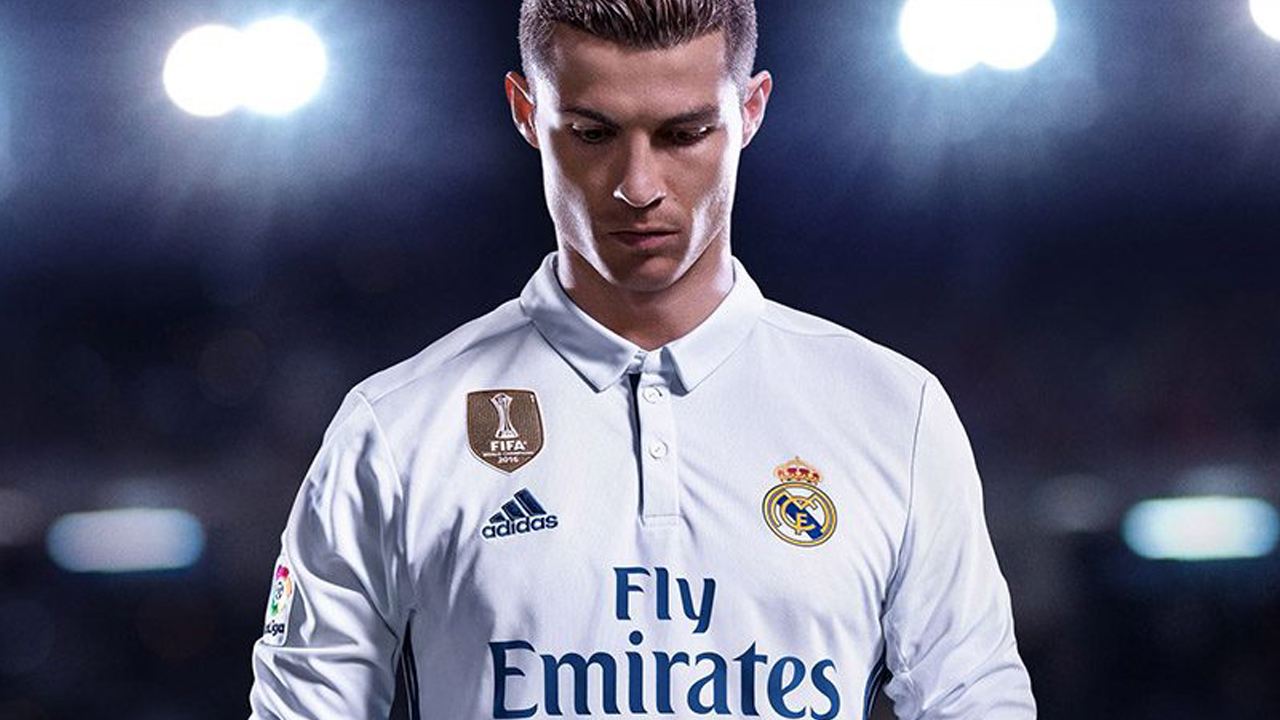
These shots form the basis of the character model that ends up in the finished game. Hoyle will organise them and send them back to the development team in Vancouver, where they will ‘stitch’ them together to craft the 3D model. That’s when the painters - or “magicians” as Hoyle admiringly describes them - will be begin to touch up and make small adjustments to the beard, hair or skin tone to get them as close to reality as possible.
But my capture session isn’t finished as next comes the facial expressions. Hoyle tells me I’ll need to pull five specific reactions that include raising my eyebrow and opening my mouth, followed by a smile, a furrowed brow, the face I’d pull if I got a whiff of a bad smell and a war cry. He says: “Using those expressions, we can see the lines on the player's faces and they [the animators in Vancouver] can use those little micro movements to make the characters look like that when they're speaking in the game. They'll look as accurate as possible”. The photo underneath shows how well that went.
Sign up to the GamesRadar+ Newsletter
Weekly digests, tales from the communities you love, and more
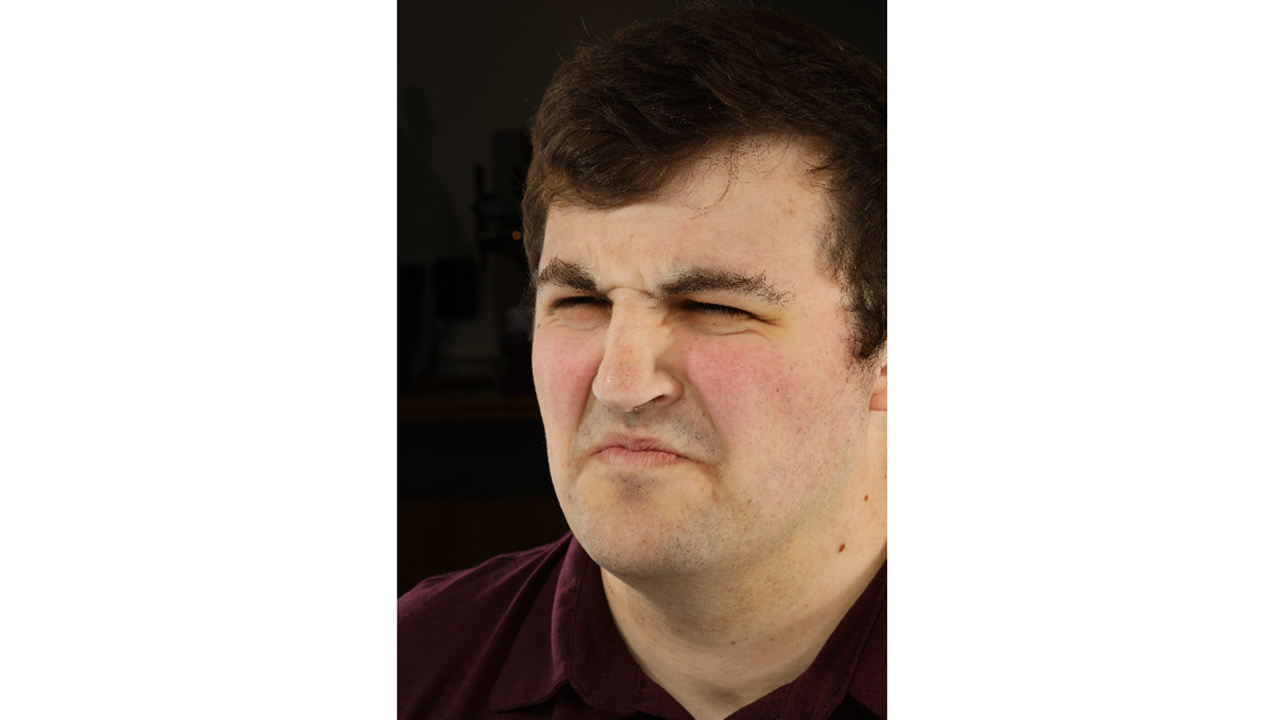
Fortunately, for my increasingly sweaty brow, that’s everything I need to do. What’s surprising is that it’s over in ten minutes and I get a chance to see what the photos (that would usually be sent back to Vancouver) look like. Lucky for the rest of the world, this set of photos isn’t making it into the final game so you won’t be seeing my mug gracing the pitch in FIFA 18.
Want to get the lowdown on what to expect from EA’s juggernaut this year? Check out our exhaustive list of everything you need know about FIFA 18 this year.
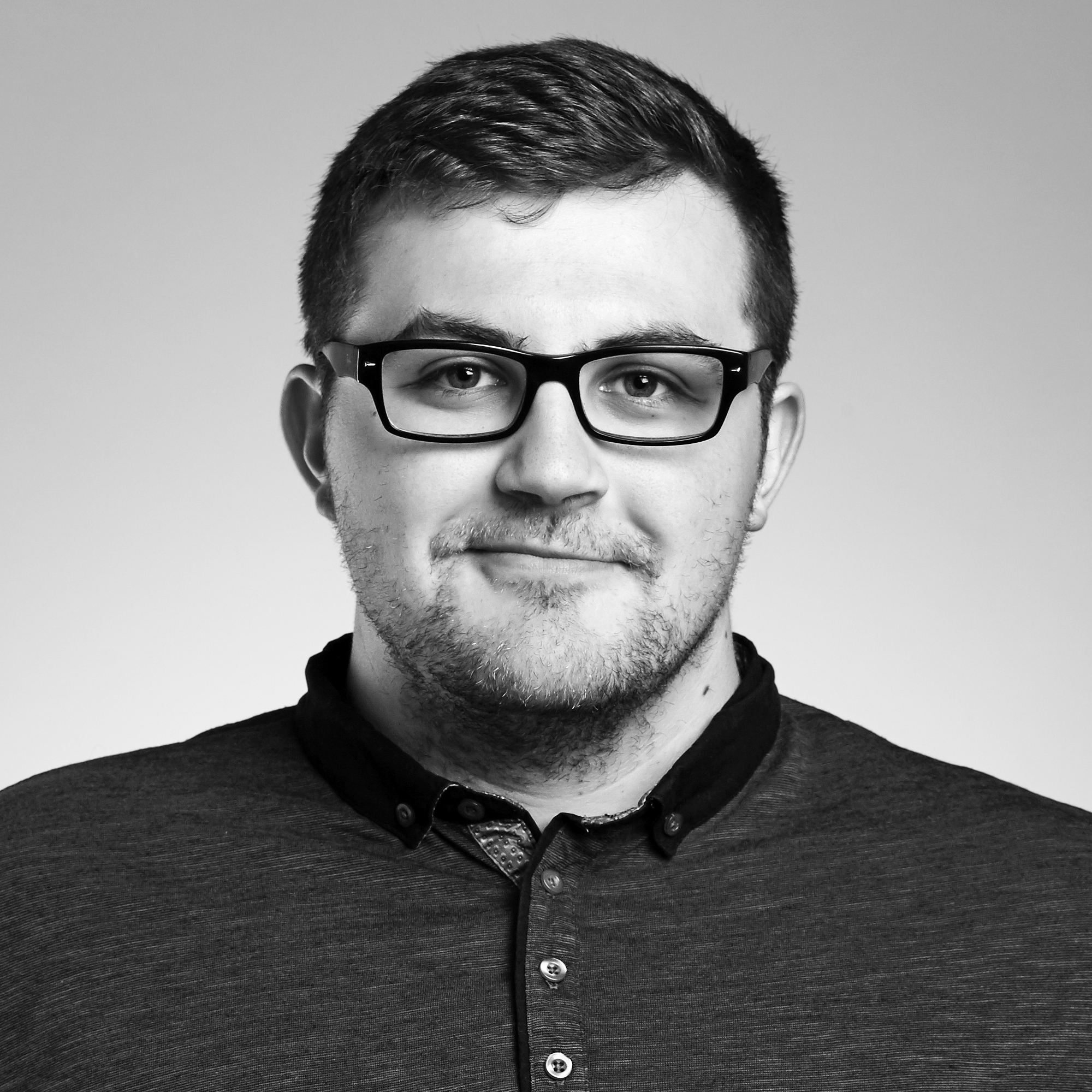
Ben Tyrer is a freelance games journalist with over ten years experience of writing about games. After graduating from Bournemouth University with a degree in multimedia journalism he's worked for Official PlayStation Magazine as a staff writer and games editor, as well as GamesRadar+ (hey, that's this website!) as a news editor. He's also contributed to Official Xbox Magazine, Edge, PC Gamer, GamesMaster, PC Games N, and more. His game of the year - no matter the year - is Rocket League.


